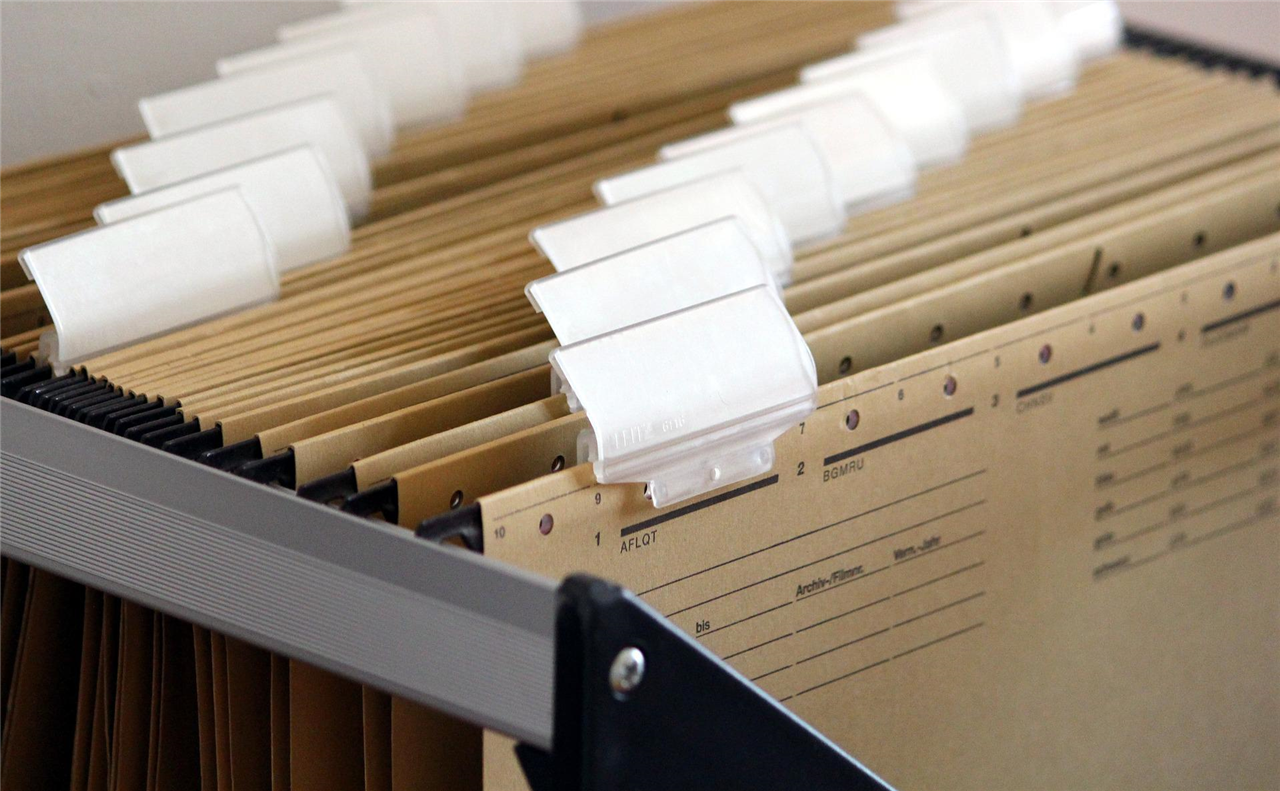
Out of the Shadows, into the Light. De-mystifying Private FDRs and Arbitration.
Published: 23/05/2022 09:07

Barristers learn to do the job as a pupil by sitting with the pupil supervisor and watching how the job is done. Solicitors do much the same with a supervising solicitor. On first appointment to a judicial appointment, deputy judges or Recorders usually shadow a full-time judge and watch how the job is done. Why do we not do the same in respect to private FDRs or arbitrations? Although superficially similar to their court based equivalents, the tasks performed by a private FDR evaluator or an arbitrator is subtly different to that of a judge. Furthermore, there are still a lot of lawyers who have not had personal involvement with private FDRs and arbitrations, and who have a natural wariness of the unknown.
It seems to me that we might broaden the pool of evaluators/arbitrators, especially opening it up to more junior lawyers, by encouraging those who are less familiar with the process to ‘sit in’ on private FDRs and arbitrations to understand the process better. I have been ‘shadowed’ in this way and found it to be a mutually beneficial process. As well as showing a prospective new private FDR ‘judge’ how the process works, it was interesting for me to self-reflect on how I conduct a private FDR and why I do things the way I do.
Of course, this can only happen with the consent of the parties to the dispute. I ask them a week or two before the hearing date so that everyone has time to consider the issue, rather than being bounced into it amidst the stress of final preparations for the hearing. Of course, the parties are perfectly entitled to say they do not want anyone else attending the hearing, but generally everyone is agreeable.
I wonder whether other experienced arbitrators and private FDR evaluators have been doing the same. I hope more do.










